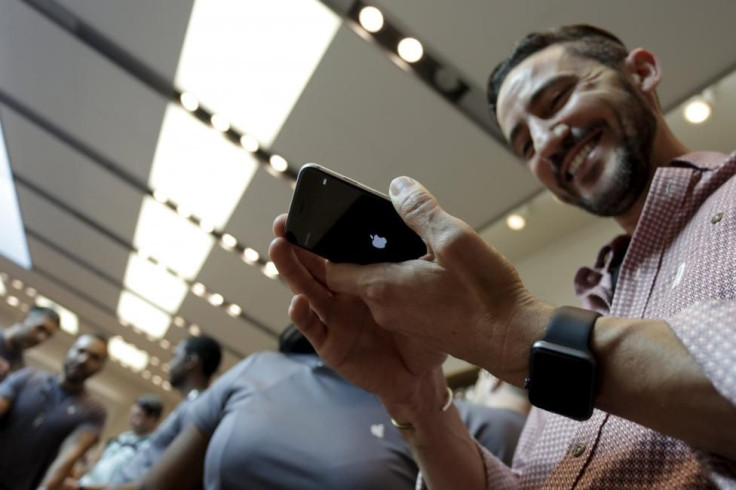Apple quiets critics with 48 million iPhone sales
iPhone sales are Apple’s biggest revenue source

Apple put paid to criticism the iPhone isn’t as big as it used to be by revealing iPhone sales of 48 million units in its fiscal fourth quarter. Though the number wasn’t what many analysts expected, it was enough to boost Apple’s revenues above Wall Street expectations.
Analysts speculated a figure of about 48.5 million, but 4Q sales were still slightly above the 47.5 million units sold in Q3, reported TechCrunch. Within a few weeks of its release,the iPhone 6s was posting huge sales, not bad for its first quarter.
iPhone sales are Apple’s biggest revenue source, and Apple amassed about US$32.2 billion (AU$45.28 billion) in total earnings from its latest iPhone sales. iPad sales , on the other hand, failed to achieve similar success, plummeting to 10 million in Q4 from 11 million in Q3.
The tech giant reassured its fans that sales will rise during Christmas and the New Year. Expectations are high for higher revenues in the December quarter and iPhone sales will contribute more to revenue rise, said CEO Tim Cook to analysts in a conference call.
iPhones are Apple’s biggest moneymakers since they burst onto the market in 2007 but with the latest iPhone 6 and iPhone 6s releases, Apple’s smartphone business has become even more significant, said CNet. Customers love the new, large-screen iPhones, considered by some as the best-selling product of all time.
Apps remain all the rage, and Apple Pay in iPhone has helped double the company’s profit. Recently, Apple Pay partnered with American Express to reach out to the global market. Customers overseas can now pay with the app, thus increasing Apple Pay’s global usage many fold, added Cook.
It’s predicted that China will top the chart as the focal business centre in next few years. Right now, there are 25 Apple stores in China, which is expected to rise to 40 stores by the middle of next year.
Contact writer at feedback@ibtimes.com.au, or let us know what you think below.




















